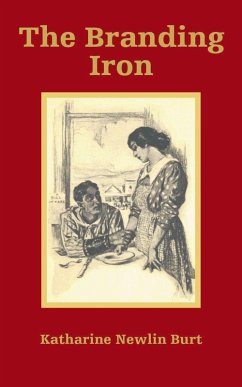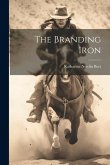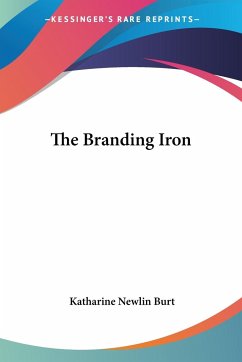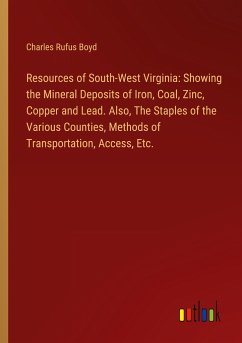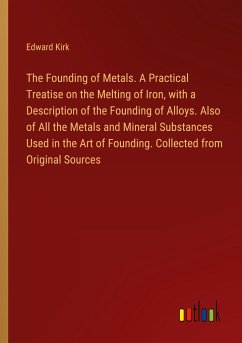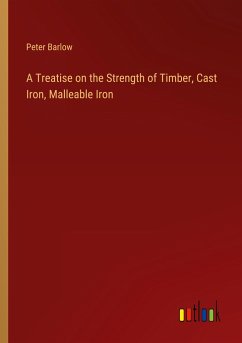The author's first book, notable for jacket blurb by author Rex Beach: "...It is one of the strongest and best told stories I have read..." Filmed by Goldwyn Pictures in 1920 under direction of Reginald Barker. Fiction based in Wyoming about a jealous husband who branded his wife, supposedly taken from a real life episode that happened near Green River.
Hinweis: Dieser Artikel kann nur an eine deutsche Lieferadresse ausgeliefert werden.
Hinweis: Dieser Artikel kann nur an eine deutsche Lieferadresse ausgeliefert werden.

